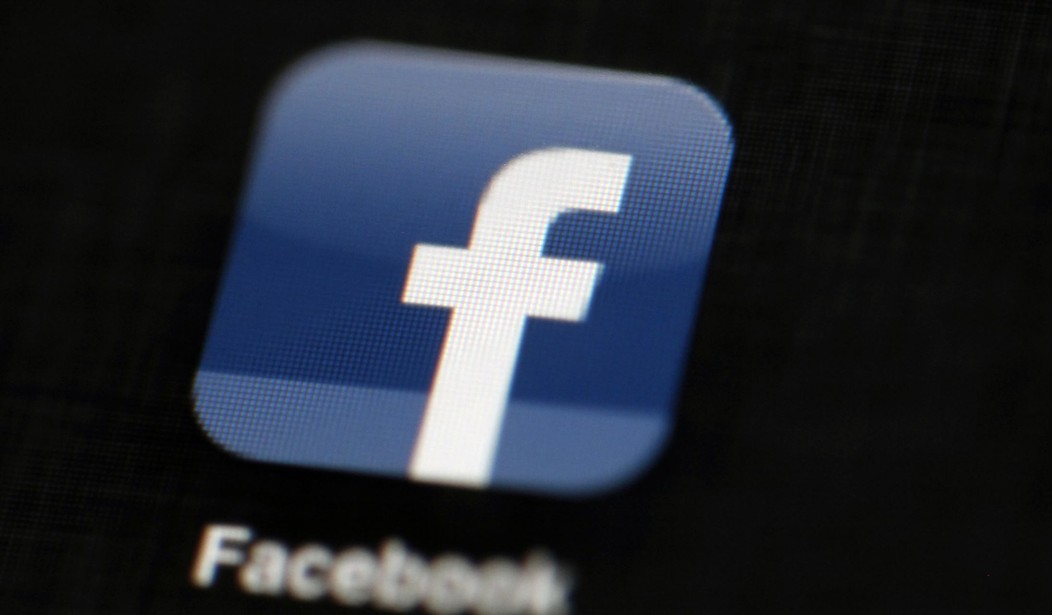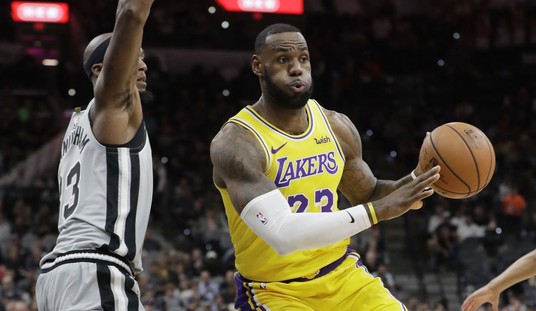When you first joined Facebook you probably thought it was a great way to connect with friends and family—particularly those you don’t live near and haven’t seen in ages. Old friends from high school and college, cousins out of state, people you left behind when you moved for a job… you name it, social media made it possible to stay connected to these people and have a window into their lives. This seemed like a great thing.
But it really hasn’t worked out that way. According to a new NBC News poll, a whopping sixty-four percent of Americans say that social media platforms like Facebook and Twitter are doing more to divide the nation than bring it together.
This is hardly surprising, and while sixty-four percent of us can acknowledge the sad fact that social media is dividing our nation, not uniting it, not enough of us apparently realize that this is a problem. In fact, there’s even a partisan divide in how we perceive the problem.
While 77 percent of Republicans see that social media is dividing us, only 54 percent of Democrats do. Why is there such a gap? To me, the explanation is obvious. Sadly, the left wants us divided. The evidence for this is all over.
At an alarming rate, social media giants are banning conservatives from their platforms with the weakest of justification. President Trump can no longer use Facebook, Twitter, or YouTube, amongst others. Smaller conservative voices are getting suspended or banned as well. If you believe the 2020 election was stolen, you do so at your risk. Conservative groups are finding their pages shut down for no legitimate reason. Social media has devolved into an Orwellian nightmare.
But it’s not just left-wing big tech.
Even before big-tech censorship of conservative views was fashionable, liberals were self-segregating on social media based on political leanings. Polls show that liberals are more likely to unfriend you over politics, both on social media and in real life. I’ve been blocked and unfriended on Facebook many times without notice or explanation, by friends and family. Our ability to communicate and exchange ideas—different ideas—is decreasing despite the widespread availability of technology meant to bring us together.
It’s true that many conservatives have flocked to alternative social media platforms like Parler and Gab, but we do so because our speech is being threatened by the giants like Facebook and Twitter. It’s not that we want an echo chamber. Sure, some might, but the truth is, the reason we are on these alternative platforms is that they don’t use bogus accusations as a pretext for banning people. We value free speech and want to support companies that support free speech. We don’t strive for ideological isolation, but when the left is so triggered by any opinion that differs from their own, social media makes it easier for them to push us away.
This ideological isolation isn’t limited to our online lives either. According to a New York Times analysis, 38 percent of Democrats live in a political bubble, while 18 percent of Republicans do. This certainly didn’t happen overnight or even just post-social media. But it seems obvious that the problem of Americans isolating themselves into ideological bubbles is getting worse because of social media, which makes it easier for everyone to censor people they don’t agree with.










